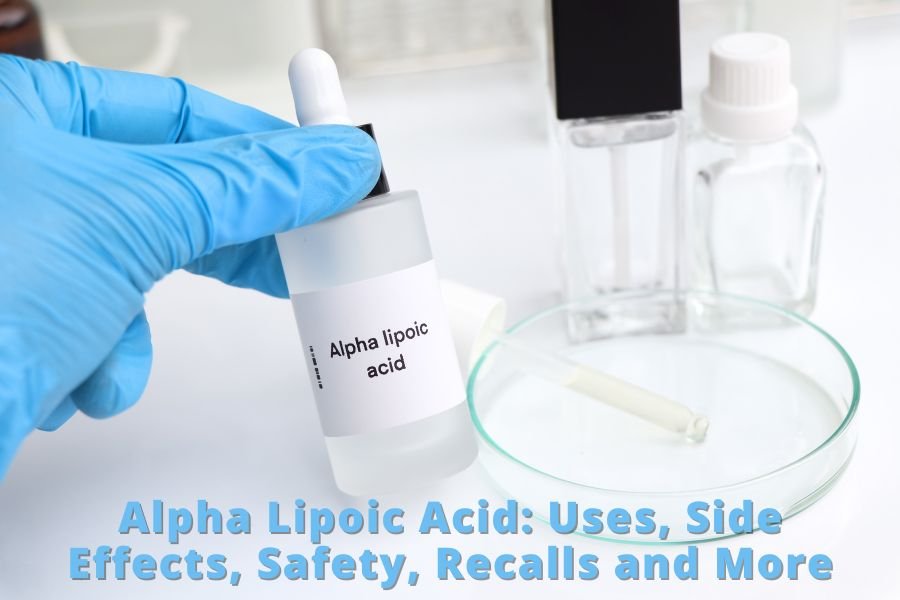
Alpha-lipoic acid (ALA) is a compound that acts as a powerful antioxidant in the body. It is naturally produced in small amounts and can also be obtained through dietary sources such as organ meats, spinach, broccoli, and potatoes. Additionally, alpha-lipoic acid is available as a dietary supplement and is commonly used for its potential health benefits, including antioxidant support, blood sugar control, and nerve health.
Alpha lipoic acid has been studied for its potential therapeutic benefits in various conditions. It is commonly used as a dietary supplement to support overall health and well-being. Some of the potential uses of alpha lipoic acid include:
Currently, there is limited research on the safety of alpha lipoic acid in pregnant women and children. It is always recommended to consult with a healthcare professional before starting any new supplements, especially during pregnancy or for children.
As of the date of this article, there have been no reported recalls of alpha lipoic acid supplements. However, it is important to purchase supplements from reputable sources and follow the recommended dosage instructions.
Alpha lipoic acid is classified as a dietary supplement and is not regulated by the U.S. Food and Drug Administration (FDA) in the same way as prescription medications. The FDA does not approve or evaluate dietary supplements for safety and effectiveness before they are marketed.
Alpha lipoic acid is not typically prescribed by healthcare professionals. However, it is commonly recommended as a dietary supplement to support overall health and well-being. It is important to note that alpha lipoic acid should not be used as a substitute for prescribed medications without consulting a healthcare professional.
The recommended dosage of alpha lipoic acid may vary depending on the individual's specific needs and health conditions. It is important to follow the instructions provided on the product label or as directed by a healthcare professional. Alpha lipoic acid is available in various forms, including capsules and tablets.
In addition to its potential health benefits, alpha lipoic acid has also been studied for its role in skincare. It is believed to have antioxidant and anti-inflammatory properties that may help improve the appearance of aging skin and protect against environmental damage.
Before taking alpha lipoic acid, it is important to inform your healthcare professional about any existing medical conditions, allergies, or medications you are currently taking. They can provide guidance on whether alpha lipoic acid is suitable for you and any precautions you should take.
Alpha lipoic acid supplements should be stored in a cool, dry place away from direct sunlight. Keep them out of reach of children and pets. If you have unused or expired alpha lipoic acid supplements, follow the proper disposal guidelines recommended by your local waste management authorities.
If you suspect an overdose or experience severe symptoms after taking alpha lipoic acid, seek immediate medical attention or contact your local poison control center. Be sure to provide them with information about the product and the amount ingested.
Alpha lipoic acid is generally well-tolerated when used as directed. However, it is always important to consult with a healthcare professional before starting any new supplements, especially if you have any underlying medical conditions or are taking other medications.
When used appropriately and under the guidance of a healthcare professional, alpha lipoic acid is generally considered safe for most individuals. However, it is important to follow the recommended dosage instructions and consult with a healthcare professional if you have any concerns or questions.